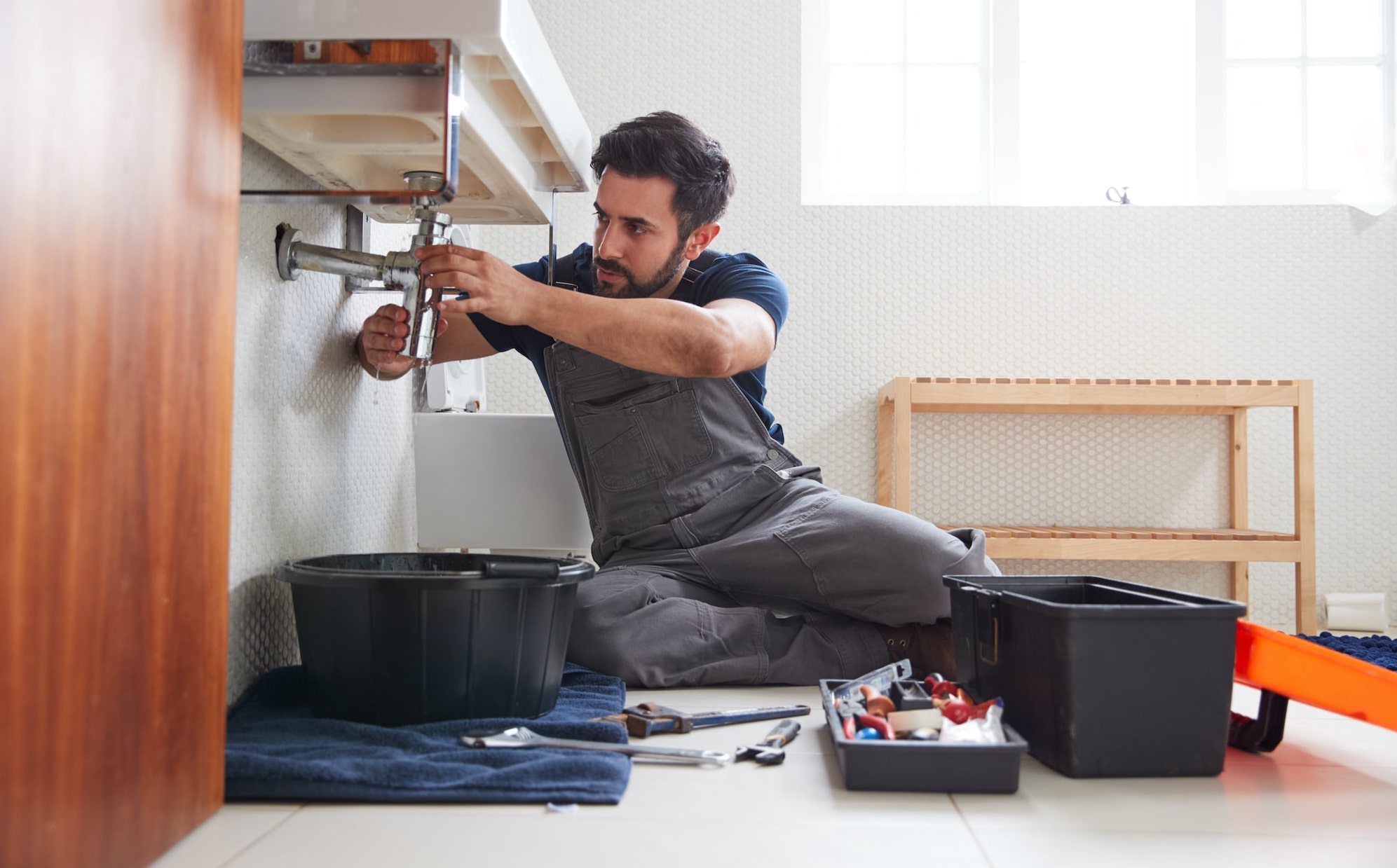MAINTENANCE FAQS
-
Circuit Breakers Keep Tripping
Check appliances to see if circuits are overloaded. Too many appliances can overload a circuit, such as microwave, toaster, curling iron, blow dryer all being used at same time. -
Electrical Issues in Part of the House
Check the GFI button on the outlets – these are usually in the garage, patio, kitchen and bathroom. Push the reset GFI button on the plug. This will most often restart electrical. Sometimes there is more than one GFI, so check around the house, be aware of all locations before a problem occurs. -
Garbage Disposal Does Not Work
Check the underside of the disposal unit for the reset button, push the button in and try the switch again. If it is still not working, or if the disposal is making a humming noise, please put in a service request. -
My A/C or Heat Does Not Work?
Check ALL circuit breakers during hot/cold weather. If circuit breaker overloads, it will trip the A/C breaker. Flip breaker at least 3 times. **During severe weather, A/C or heat may not reach desired temperatures. Turning temperature way up or down will not change this and does not warrant a service call.** -
My Smoke Alarm Does Not Work
Check to see if batteries need replacing. If batteries are new and there is still a chirping sound, submit maintenance request form. Do not disable smoke detectors under any circumstances or you may be personally held liable in the event of fire. -
Oven is Not Working
Check to ensure that settings on the unit are not preventing the oven from turning on. For instance, an oven set on Time Bake will not heat. -
Pests are present
If you notice ants, spiders, roaches, fleas, etc, inside the home within the first 30 days of your initial lease, please contact us. After the initial 30 days, pest control is the responsibility of the tenant unless otherwise stated in the lease.
What are charges the tenant will be responsible for?
- If there is a service call and breaker is tripped.
- Sewer stoppage caused by placement of debris in line (toys, tools, diapers,rags, sanitary napkins, tampons, excessive toilet paper, cat litter, etc.)
- If tenant (or their pet) causes damage to the property in any area.
- If tenant reports a repair which does not require service.
- If tenant fails to replace battery for smoke detector or remote door opener and causes a service call for only battery replacement.
- For damage caused by a break in, unless police report is provided.
- For carpet cleaning while living at the property.
This list is an example and is not complete, tenants will be charged for damage to property cause by tenant or their guests, and any service call when no problem is found.
IT IS THE RESPONSIBILITY OF ALL TENANTS TO REPORT MAINTENANCE PROBLEMS. FAILURE TO DO SO CAN CAUSE TENANT TO BE RESPONSIBLE FOR THE COST OF THE DAMAGES.
-
What are some Good Maintenance Tips?
Preventative maintenance is important in minimizing issues that could cause damage to your rental home. Please use the guide below for best practices on maintaining the property. -
Air Conditioners (window, central, split)
For window a/c and split a/c units, remove and clean air conditioning filter once per month. For central a/c units, replace your filters once per month. -
Dishwasher
DAILY – To prevent clogs and bacteria, scrape food from the dishes and pre-rinse before loading them in the dishwasher.
WEEKLY – Be sure to run the dishwasher at least once a week, even if it is empty, to prevent any clogs in the drain line. This is especially important if you have a garbage disposal. -
Best Practices
If you are in a property without a water softener, add 2 cups of white distilled vinegar every few months to dissolve hard water deposits
DON’T overload the dishwasher – this will prevent it from cleaning well.
DON’T use liquid dish soap or gel soap – they will over suds or block up the system -
Drains
Be careful to keep foreign objects from going down the drain. Consider placing removable strainers on each of your kitchen drains – these will easily capture anything that is not supposed to go down the drain and can easily be cleaned. To prevent clogs from hair, food, and oil – Pour 1 Tbs of table salt and 1 Tbs of baking soda down the drain, followed by 1/4 cup of white vinegar. It will start bubbling and fizzing. Wait about 20 minutes and pour in 2 quarts of HOT water. If you are treating Kitchen drains or Garbage Disposals, use COLD water. -
Garbage Disposal
During normal use, make sure to use a strong flow of cold water while your disposal is running and for a few seconds after you stop the disposal. Periodically clean your disposal by grinding 1 cup of ice and a few slices of lemon or orange. This will fight odors as well. Put very few things down the disposal – you should scrape pieces of food, etc, into the trash before rinsing the dishes and using the disposal. NEVER put grease or oil down the disposal and do not try to grind bones or pits. Also keep foods with a lot of fibers out of the disposal, including artichokes, banana peels, celery, and corn. -
Smoke Detectors
Smoke detectors should be checked regularly. There are many types on the market – check the operation manual for your detector. This info can often be readily found on the internet. Change batteries at least once a year. Most systems will chirp to alert you that the battery is low. If your smoke detector does not work properly after changing the battery, submit a maintenance request. -
Termites
Notify SPM Residential Services immediately if you notice any indication of termites in your home. Signs of termites may include: Appearance or “swarm” of winged termites, especially around windows or doorways, small “mud trails” on side of house or fence, or small piles of tiny black balls of sand-like material. -
Toilets
Don’t flush anything except toilet tissue – things like paper towels, diapers, napkins, sanitary napkins, tampons, balls of hair, Q-tips, and rags will cause problems. Do not use hangers or snakes to unclog a toilet, they may cause damage to the porcelain bowl. -
Fireplaces
Open flue/vent before starting fire. If smoke comes out of fireplace, put fire out immediately. Do not use softwoods in fireplaces, such as pine, fir, redwood, or purchased logs, such as Duralogs, Duraflames, etc. These woods and logs cause a coating in the flue, which can cause fires. Use hard woods such as oak, almond, walnut, etc.. When removing coals from fireplace, coals should be cold. NEVER put hot or warm coals in container such as a garbage can.




_2.png)


